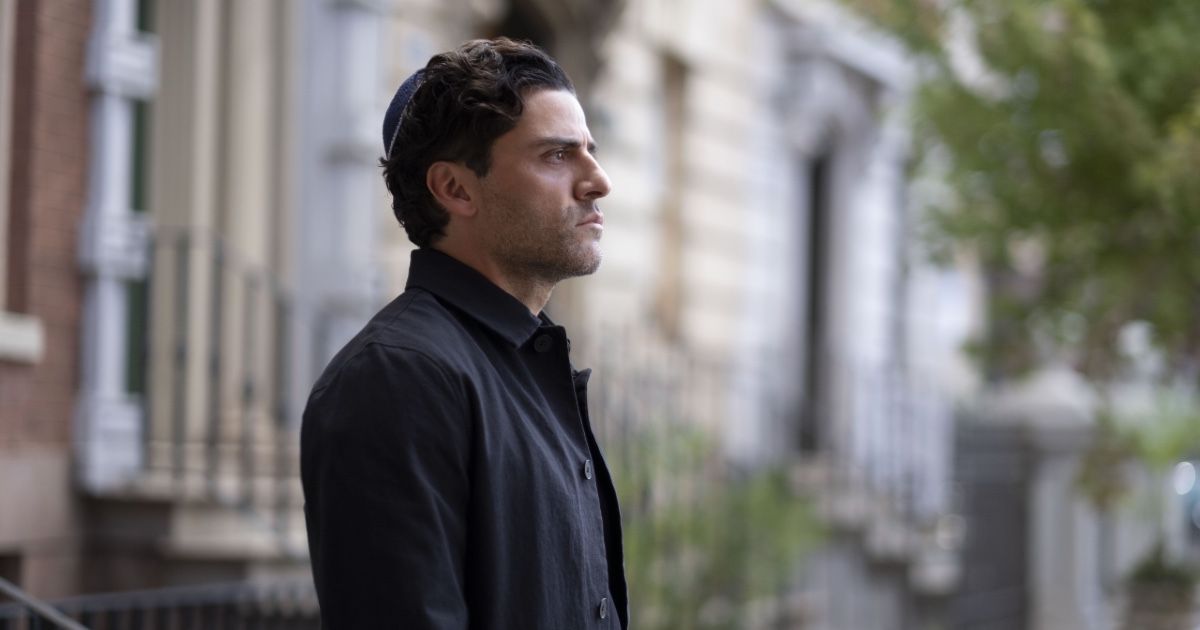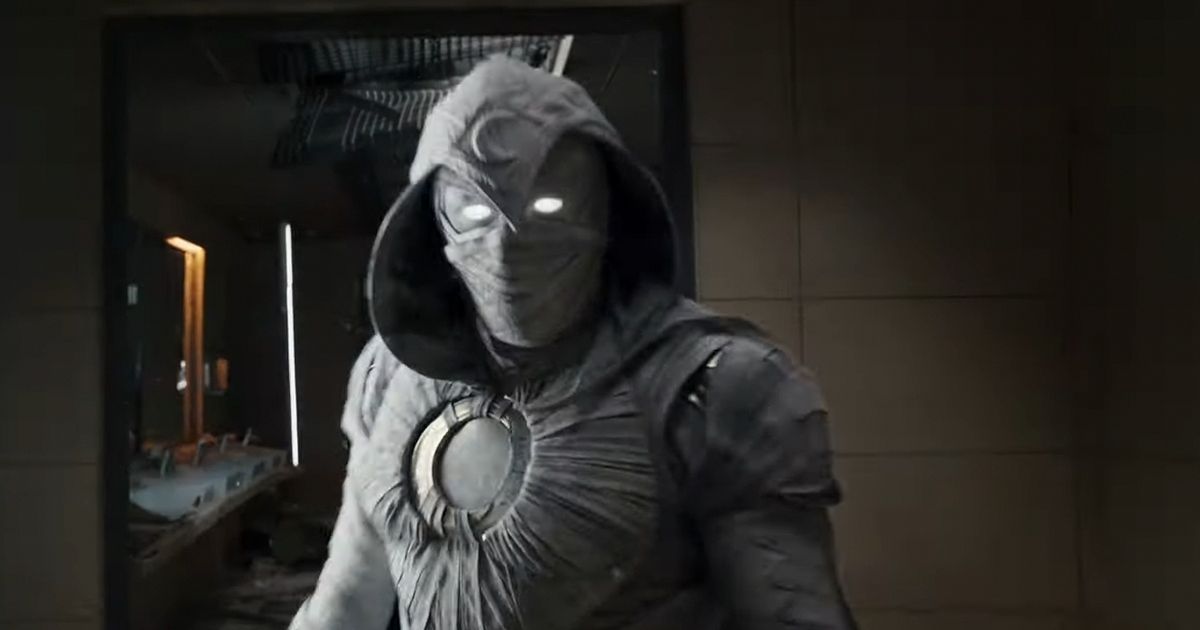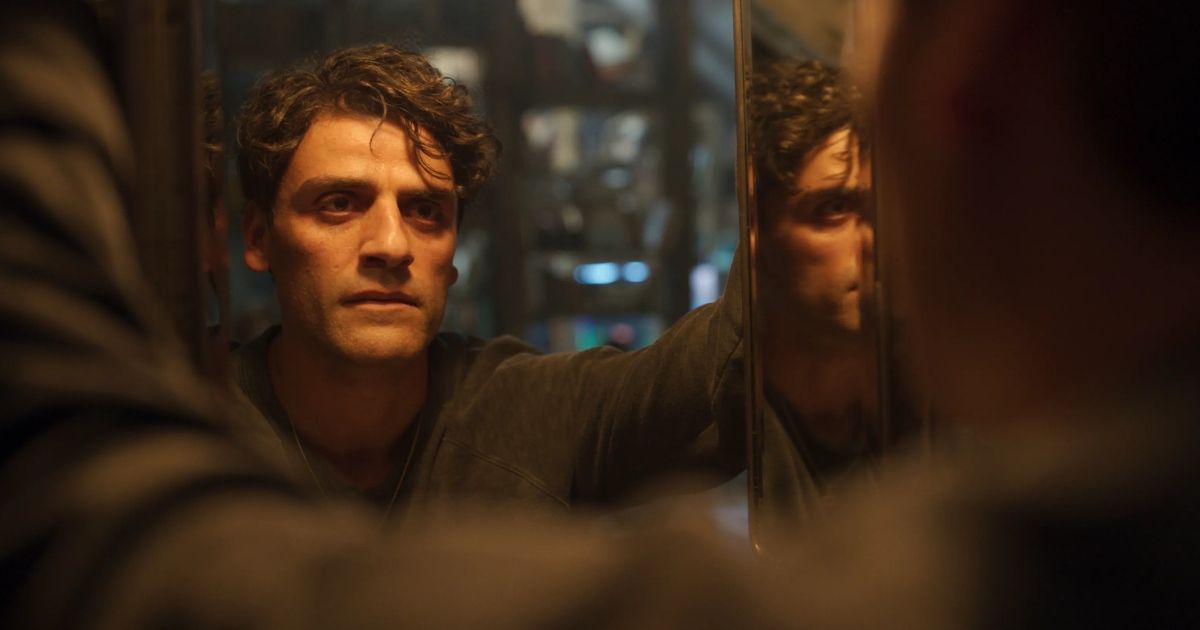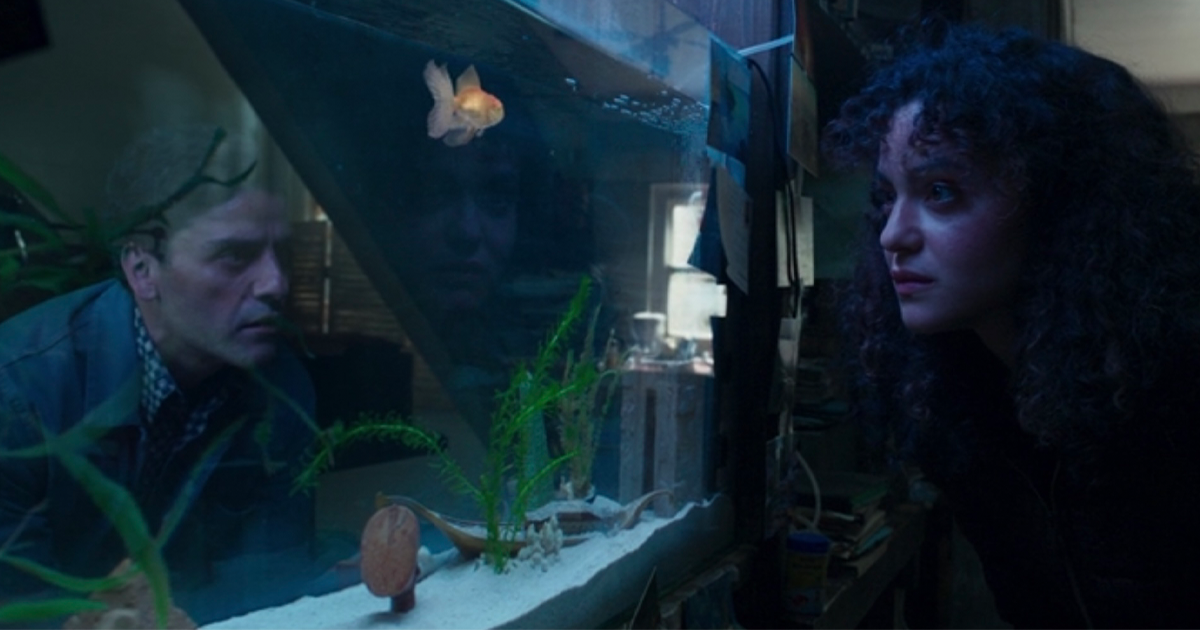Moon Knight is a lesser-known Marvel superhero first appearing in the 1975 Werewolf by Night comic. After receiving his own run of comics, Moon Knight remained a fringe Marvel property, never quite reaching the popularity of similar characters like Spider-Man and Daredevil. Despite his lack of a mainstream following, Moon Knight is currently being introduced to the Marvel Cinematic Universe through a Disney+ series that portrays his origin as a hero and his struggles with mental health, specifically his Dissociative Identity Disorder. This unique trait, coupled with the underlying challenges of dealing with mental illness and the trauma involved in incurring mental illness, makes Moon Knight one of the most important Marvel heroes across its massive roster of characters.
Moon Knight, the series, adapts many of the character’s traits from the comics, with slight differences to the supporting cast, certain aspects of his disorder, and greater focus and sensitivity to the character’s internal struggles. Marc Spector, Moon Knight’s true identity, is played empathetically by Oscar Isaac, who did ample research for the role, including studying Robert Oxnam’s A Fractured Mind: My Life with Multiple Personality Disorder. Isaac was drawn to the role in hopes of returning to a “character study,” after playing supporting characters in big-budget films. As Moon Knight, with the help of the show’s cast and crew, Isaac leads a powerful discussion about the strength of vulnerability.
Being Vulnerable: A Hero’s Task
The MCU has undergone rapid change since the end of the Infinity Saga, in which the storylines of 23 movies (and counting) reached world-altering conclusions. Hitting a slowdown in the rising action of many characters wider arcs, along with a real-world slowdown due to the COVID-19 pandemic, allowed Marvel, now equipped with its own streaming service in Disney+, to enter a new territory for the franchise. The implementation of MCU TV shows capitalized on an aspect of superhero storytelling that was only evidenced fully in the often-overlooked Netflix shows (Daredevil, Jessica Jones, Luke Cage, etc.): making our mightiest heroes as vulnerable as us.
Though every protagonist, regardless of genre, must retain conventional storytelling qualities, critics of the MCU often cited a lack of relatability, deep emotion, and realism as reasons for its characters’ lack of depth. This problem derived largely from the MCU’s unique format of filmmaking, a medium more restrictive than television’s extended time for character development; even more, Marvel’s need for MCU-connecting scenes and box-office appeal often caused its protagonists’ problems to remain surface-level and resolved by the films' conclusions. The new MCU, however, is ripe with screen-time that dives into the deepest flaws of its heroes, grounding them in relatability, and exploring the universal themes that cause their struggles. Moon Knight is a shining example of that and hopefully a beacon of what’s to come for future MCU stories. Marc Spector represents a new species of superhero, one who is courageous despite their flaws and place in society — one who aspires to be better.
Marc’s Machismo
Throughout Moon Knight’s opening episodes, Marc Spector appears to be the much stronger identity than his alter, Steven Grant; the latter is called an “idiot” and repeatedly mocked by the Egyptian Moon God, Khonshu, whose spirit and psyche lives inside Marc. Though Marc is certainly the more physically capable identity because of his years of experience as a soldier, his conversations with Steven, and the differences that form Marc’s persona across personalities, reveal insecurities within Marc that caused their split in the first place. Dissociative Identity Disorder is caused by major trauma in a person’s life and is often meant to detach them from the reality of that trauma through identities with alternate histories. This means that every one of Steven’s character traits is a response to Marc’s fears and flaws. Marc is fearless, focused, and violent; Steven is timid, pensive, and pacifistic. Marc’s unable to share these qualities because he’s a hardened veteran who knows the dangers of vulnerability, especially in military situations.
Likewise, Steven is a manifestation of Marc’s underlying struggles — leading a quiet life, studying Egyptian mythology, and caring profoundly for others. Marc wants these qualities for his life, but can’t do so under the pressure of being himself. The result is Marc’s overly macho shell for the more sensitive and vulnerable Steven. As the series continues and the identities have more conversations together, Marc and Steven are likely to understand the reason for their unique qualities and empathize with each other, rather than clashing.
Vulnerability in Relationships
Perhaps the most tell-tale sign that Marc has transferred his most vulnerable qualities to his Steven identity is the new dynamic of his relationship with his wife, Layla. Although Steven doesn’t remember all the memories they’ve shared, he subconsciously retained his love for her in the form of shared interest in poetry, Egyptology, and emotional sensitivity. From the moment they meet, the relationship between Steven and Layla seems stronger than Marc and Layla’s historied conversations. Marc, like many superheroes, removed weakness in the form of Layla — a person he cares about, a distraction, and a point of vulnerability if a villain were to discover her. Except this extortion is already taking place because of Khonshu’s threats to use Layla as his avatar if Marc refuses to follow his orders. Marc is so stricken with this reality that he creates a persona that knows nothing about Moon Knight or Khonshu, loves Layla innately, and provides an escape from the terrible circumstance that haunts their current relationship.




